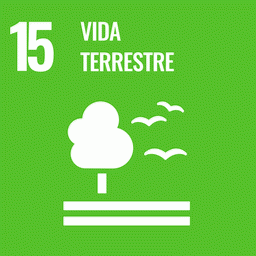The triple, intertwined challenges of climate change, the conversion of tropical forests to crop lands and grazing pastures, and the shortage of new arable land demand urgent solutions. The main approaches for increasing food production while sparing forests and lowering carbon emissions include sustainable supply chain initiatives, domestic policies and finance, and REDD+. These approaches are advancing largely in isolation, separated by different scales of intervention, performance metrics and levers for shaping land user behavior. As a result of this disconnect, farmers are receiving few, if any, positive incentives to forgo legal forest clearing and to invest in more sustainable production systems. These three approaches could become mutually reinforcing through integrated, performance-based incentive systems operating across regions and scales, linked through a shared metric of jurisdiction-wide performance introduced here as the Jurisdictional Performance System.
Modelo de Ata de Reunião para mapeamento – Tô no Mapa
Este modelo de Ata de Reunião faz parte do material de apoio do projeto Tô no Mapa - uma inciativa de suas ONGs brasileiras, IPAM (Instituto de Pesquisa Ambiental da Amazônia) e ISPN (Instituto Sociedade, População e Natureza), com o apoio da Rede Cerrado, que tem...
